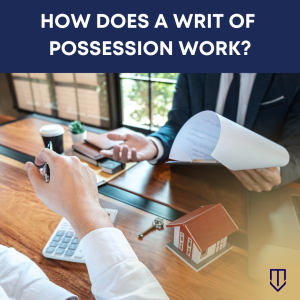 In a partition action the sale proceeds are distributed based on a party’s interest in the property. (Code Civ. Proc., § 872.810.) This includes parties’ ownership interest as well as what improvements they made on the property or other factors. (Code Civ. Proc., § 873.220.) In pursuing partition by sale, division of proceeds may raise questions for owners as to what they can collect. Depending on how the property was used, one co-owner may have a claim against the other for rent.
In a partition action the sale proceeds are distributed based on a party’s interest in the property. (Code Civ. Proc., § 872.810.) This includes parties’ ownership interest as well as what improvements they made on the property or other factors. (Code Civ. Proc., § 873.220.) In pursuing partition by sale, division of proceeds may raise questions for owners as to what they can collect. Depending on how the property was used, one co-owner may have a claim against the other for rent.
Why a co-owner may claim they are owed rents:
Under the partition statutes, the court may allow an accounting or other adjustments to compensate co-owners under principles of fairness. (Code Civ. Proc., § 872.140.) Under these compensatory adjustments one co-owner may claim they are owed rents by the other co-owner.
 California Partition Law Blog
California Partition Law Blog


 Generally, a bankruptcy proceeding acts as a stay on the collection of debt as well as any acts needed to be taken to enforce a debt. The rules regarding
Generally, a bankruptcy proceeding acts as a stay on the collection of debt as well as any acts needed to be taken to enforce a debt. The rules regarding